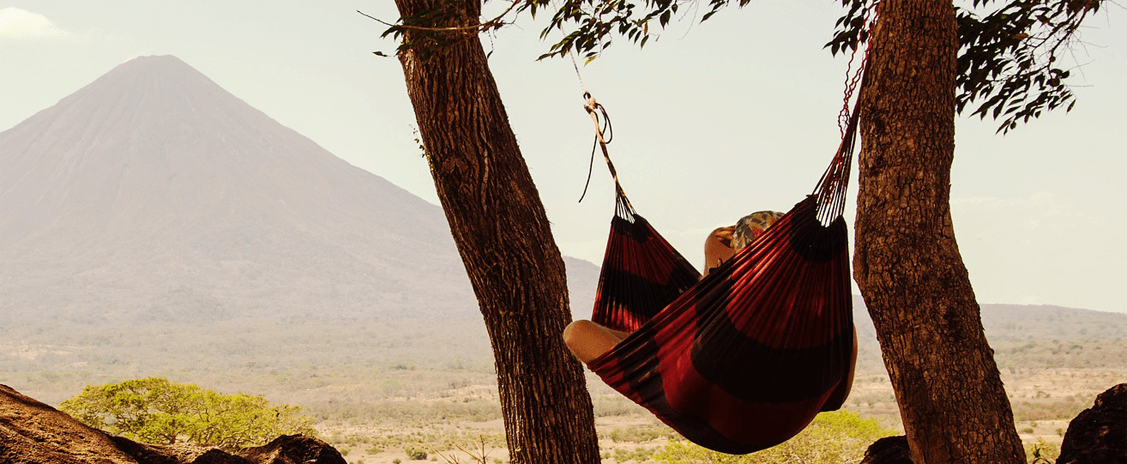
It pays to be a lazy and selfish leader
I admit it. I lead selfishly. I put my own needs first.
My needs are to:
- not be dragged into every little situation;
- not work long hours;
- be able to focus on positive, move-forward, what-comes-next kind of work;
- not worry about what is going to screw up next;
- have others figure out the solutions to problems instead of me;
- see our company resources (money, assets, time) treated wisely;
- be able to take a holiday and know that things at work will be taken care of;
- be told when I am wrong; and
- know that the people I work with are challenged to learn and grow.
In order to have these needs met, I have learned to agree on a vision with my team – one of their creation as much as possible, especially in the details – and to share this vision widely, and then to focus on what each person needs while encouraging them to move towards the vision. My sneaky selfish self has learned that I can get by as a leader simply by listening, showing empathy, bridging communication gaps, coaching people through problems, giving honest feedback, assuming good intentions, pitching in when needed, and being openly grateful.
Other, less selfish leaders take the time to meticulously break down the work into tiny bits, to generously watch as each task gets done, and to graciously manage each task their employees do. They also make sure not to burden people with understanding the bigger picture of where they are going or telling them how they are doing. Unlike me, they also do not bother with the indulgence of taking carefree time off. They stay plugged in all the time, helping everyone do things precisely the way they think they should be done.
As I have become more selfish, my effectiveness as a leader and the results my team achieves have increased almost exponentially. Who says it does not pay to be lazy? 🙂
Enjoyed this week’s blog?
Subscribe to the IBEX Payroll Leadership Blog for great tips and insight right in your inbox! We publish new leadership and employee engagement content every week !!